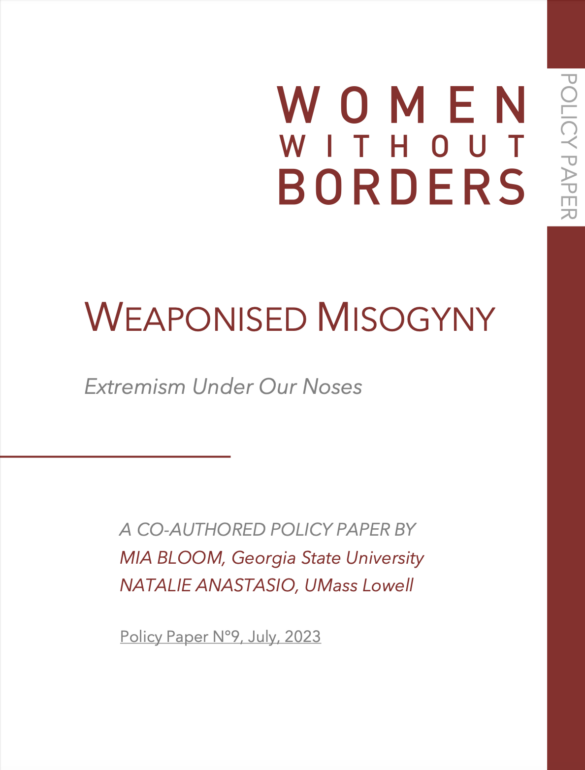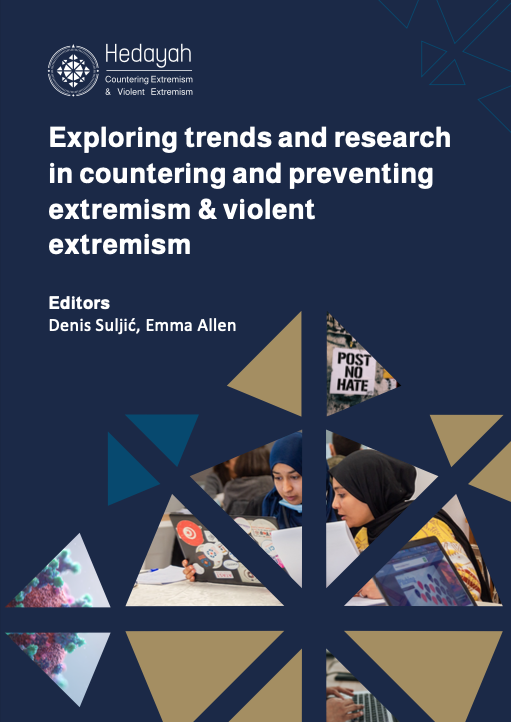In Policy Paper N°9, violent extremism experts Mia Bloom and Natalie Anastasio highlight an alarming trend in both the online and offline spheres — misogynist extremism — and discuss a number of strategies that policymakers should consider to address this growing threat. How does one move from spewing and subscribing to misogynistic narratives in the online space to actually perpetrating an attack in the offline space? Bloom and Anastasio examine the ‘incel movement’ and draw on previous cases and examples to urge policymakers and researchers to re-classify violence motivated by misogyny as a hate crime or act of terror.
Extremists from across the political spectrum have two things in common: a history of domestic or intimate partner violence and an ideology that seeks to curtail women’s roles in society. Misogyny has been ingrained in society through the historical suppression of female voices and women’s rights, with current strains of attitudes towards women reinforcing modern institutionalised misogyny. Many groups reimagine women’s societal role and draw on antiquated values from an overwhelmingly fictional golden age that afforded them limited socioeconomic freedom and limited women to the private, familial sphere. Such dynamics have helped to validate and justify misogyny and even rationalise violence against women. Extremist groups on the far right, Jihadi Salafi groups, and incels (involuntary celibates) find common ground when it comes to misogynist attitudes, presenting a unique problem to be addressed by those countering violent extremism.
While individuals who subscribe to extremist ideologies have always existed in society, male extremists are in recent years becoming more extreme and increasingly linked to violence. This development is owed to a myriad of factors, including ideological mingling via the internet, mass media production, and the rise of counter-misogynist narratives. In addition to physical violence, these ideologies breed online misogynist hate, which in turn render online and offline spaces less safe for women.
Read the full policy paper here.



